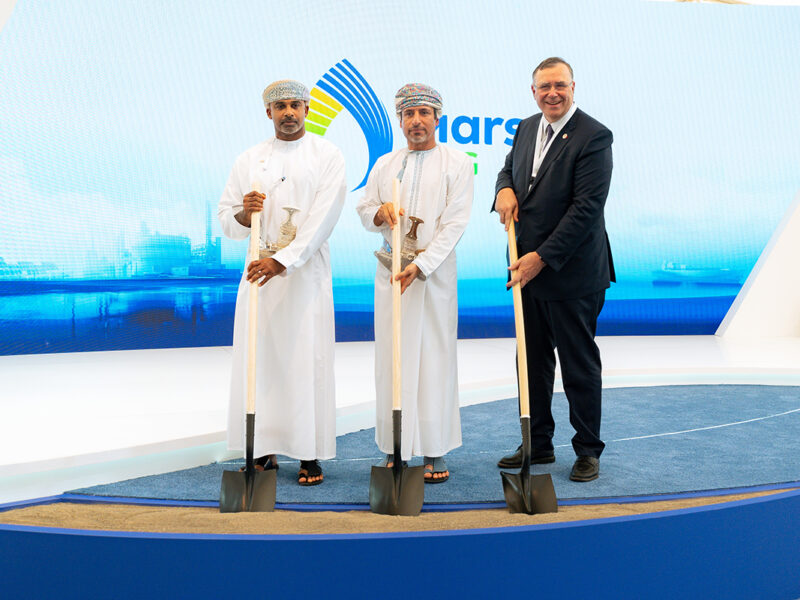OPEC-member Kuwait is expected to spend $64bn in the 2011-12 budget, a 10 percent increase from the current fiscal year, as the Gulf Arab country aims to reduce its dependence on oil.
The new budget will assume a crude price of $60 per barrel for the year, Mustapha al Shamali, the country’s finance minister told the state news agency KUNA on Monday.
Kuwait estimates revenue of $48.09bn for the upcoming fiscal year, Shamali added.
This would put the planned budget deficit at $16.07bn, or 14 percent of gross domestic product, according to Reuters calculations, down from a 21 percent shortfall planned for the current fiscal year. The fiscal year starts in April.
The budget draft, approved by the Gulf Arab country’s government earlier on Monday, still needs to be cleared by parliament. Last year, parliament only approved the current budget in June, three months into the fiscal year.
The new budget includes spending on projects in the government’s four-year development plan, worth $107.35bn.
Kuwait, the world’s fourth-largest oil exporter, logged a surplus $25.16bn in the first nine months of this fiscal year on higher than forecast oil revenues and lower spending.
The 2010/11 budget spending was set at $58.33bn, and projected a deficit of $23.62bn. The budget was based on a modest oil price of $43 per barrel.
Benchmark US crude was trading at about $87.8 a barrel on Monday.
Analysts polled by Reuters forecast in December that Kuwait would book a budget surplus of 18.9 percent of GDP in the current fiscal year and 19.2 percent in 2011/12, by far the highest among Gulf Arab oil producers.








